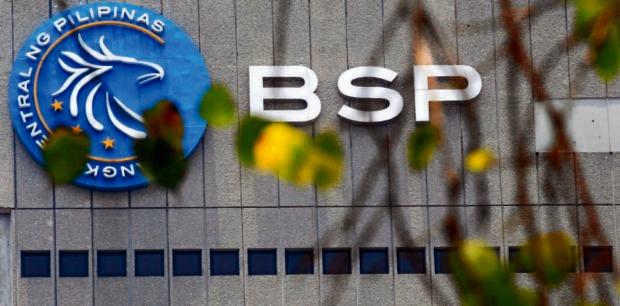P2 billion feared lost to scams, fraud – BSP
MANILA, Philippines — Cybercriminals have taken advantage of more Filipinos shifting to online banking and digital payments amid the prolonged pandemic, thus the need to better protect consumers from fraud, Bangko Sentral ng Pilipinas (BSP) Governor Benjamin Diokno said on Monday.
From 2019 to 2021, consumers lodged before the BSP complaints involving a total of P2 billion worth of financial transactions, some of which involved scams as well as hacking and phishing incidents, Diokno told a Senate hearing on the proposed financial consumer protection act.
“Without this act, we will continue to hear stories like Johnny’s—a father of two young children and an economic front-liner, who lost his hard-earned savings after a fraudster obtained his account information and made unauthorized fund transfers; or Marianne’s—a small business owner, who was billed with an increased amortization on her loan account. She disputed the reasonableness of the fees and charges, but lost to the financial institution in the end,” Diokno said.
Last year alone, complaints elevated to the BSP’s consumer assistance mechanism amounted to P540 million in transactions, Diokno said.
Financial fraud
The BSP received 42,456 complaints from consumers who fell victims to financial fraud in 2020 and 2021, at a time when COVID-19 slid the economy into a recession and shed millions of jobs.
“A majority of these cases have been deemed closed. But the process was long and arduous. And for many complaints the resolutions were unfavorable to the consumer,” Diokno said.
Diokno said that while the COVID-19 pandemic fast-tracked digitalization, the “dramatic rise” in digital financial transactions wrought “graver risks.”
“Complaints related to the use of internet banking and mobile banking account for 45.2 percent of the total complaints in 2021. Hackers and scammers took advantage of the digital infrastructure and consumer vulnerability to perpetrate crime. Based on BSP monitoring, the increased use by the public of digital financial services has given rise to a wave of cyber and financial crimes,” Diokno said.
“In 2020, hacking and other malware attacks surged by a whopping 2,324 percent from the previous year, while phishing and other social engineering schemes increased 302 percent from 2019. Over the same period, account takeover or identity theft rose 2.5 percent,” he added.
Hacking incidents
The BSP’s investigation of the hacking that victimized BDO Unibank’s clients last month was ongoing, parallel to a probe being undertaken by the National Bureau of Investigation, BSP director Melchor Plabasan told senators.
While BDO already restituted about 700 affected accounts, the BSP will submit its own report on the hacking incident to the Monetary Board by this month’s end.
Plabasan said the BSP was beefing up its regulatory cyberdefenses, partly by hiring globally certified ethical hackers to combat the rise in cyberattacks.
Diokno also said consumers complained not only about bank transactions but also deals with insurance players, alongside “hundreds” of investment scams reported to the Securities and Exchange Commission (SEC) in 2019 and 2020.
“These cases could be resolved quickly once the financial consumer protection act is in place. This act will empower financial regulators such as the BSP, the Insurance Commission, the SEC and the Cooperative Development Authority to expedite the adjudication of reasonable monetary claims more efficiently, fairly and openly, all to the benefit of the consumers,” Diokno said.
To keep consumer confidence in the financial system and deter risks from frauds and cybercrimes, Diokno said financial regulators needed to “sanction business practices and entities that pose grave and irreparable injury to financial consumers,” as proposed in the bill.


